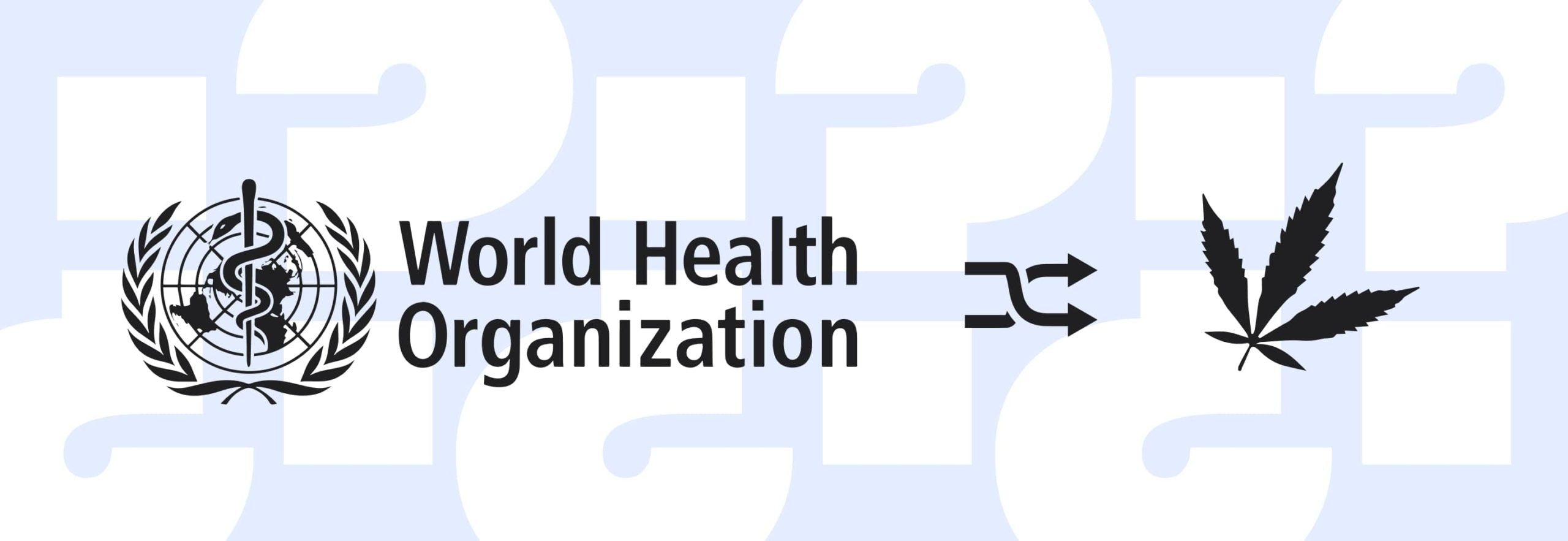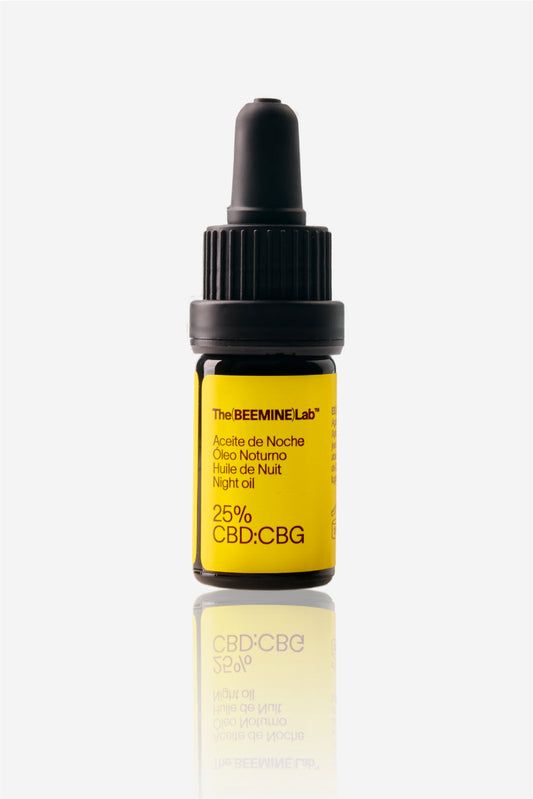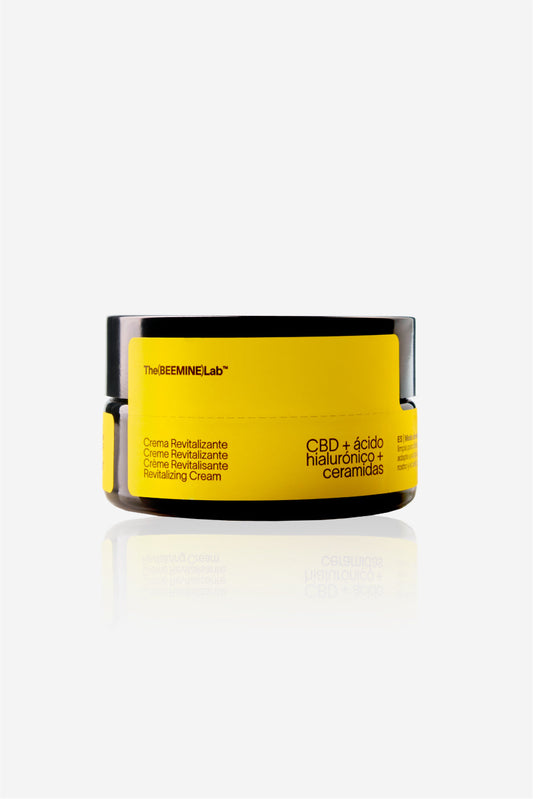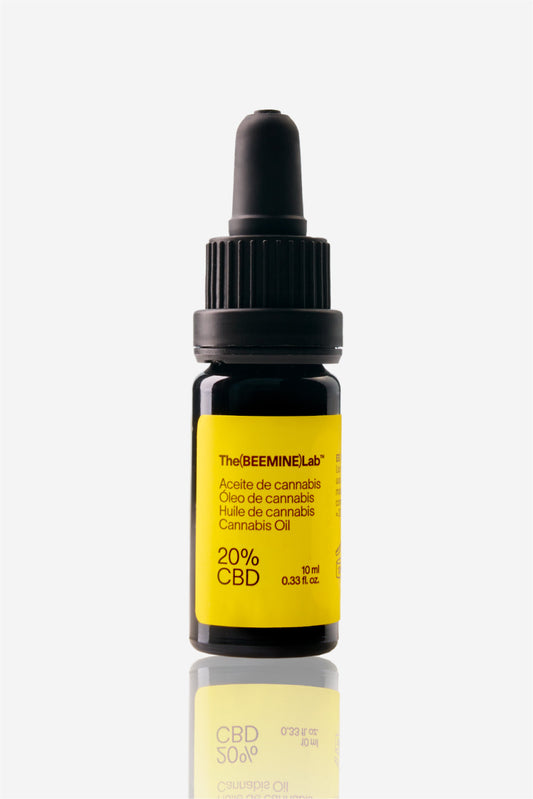WHO on the use of CBD: it is not addictive, nor harmful to health and has a multitude of therapeutic properties
“There is preliminary evidence that CBD may be a useful treatment for medical conditions [...] epilepsy, anxiety, inflammatory diseases, pain, nausea, etc…” This is what the Expert Committee on Drug Dependence of the World Health Organization has to say. This committee met in Geneva (Switzerland) from November 6 to 10, 2017 to analyze the therapeutic potential, adverse effects and potential dependence of CBD. The organization has published a report containing the conclusions of the expert professionals in cannabidiol . In addition to recognizing the potential of CBD in the treatment of epilepsy and other diseases, it recalls that "it is not listed in the United Nations International Drug Control Conventions of 1961, 1971 or 1988." Which means that: The United Nations does not consider this cannabinoid from Cannabis a drug . This report from the World Health Organization represents an important step in the path of medicinal Cannabis as it opens the door to new research based on the therapeutic potential of CBD. Below we summarise point by point the analysis and conclusions drawn by this commission.CBD Expert Analysis Summary
- CBD is not addictive or harmful to health: It is noted that, according to studies carried out on animals, no tolerance has been identified nor have studies been reported that indicate physical dependence. The opposite effect has been identified. High doses do not affect the increase in dopamine release. Regarding the consequences of the potential abuse of this cannabinoid, according to the intracranial stimulation analyzed in mice, no adverse effects have been found due to the abusive use of CBD . From medical studies carried out with humans, it is extracted that CBD awakens the same addiction as the placebo . And that cannabidiol does not produce , by itself, any significant psychoactive or cardiovascular effect . They also conclude that CBD does not produce any negative consequences due to abuse.
- It does not cause social alarm: In the second point of the WHO report, it is acknowledged that no public concern has been identified regarding the use of CBD or accidents related to this substance.
-
CBD has potential as a medicinal substance.
The report notes that several advanced investigations have demonstrated its effectiveness against epilepsy and includes a list of other ailments for which CBD could be useful.
Table of diseases for which CBD may have therapeutic benefits. (Source: WHO)

- Impact of the substance Based on the evidence, the WHO report concludes that CBD is not psychoactive, does not cause addiction and, in addition, has promising therapeutic uses , so they recommend continuing research on the subject.







